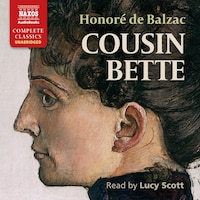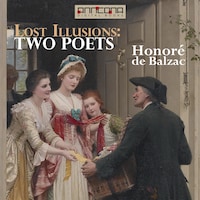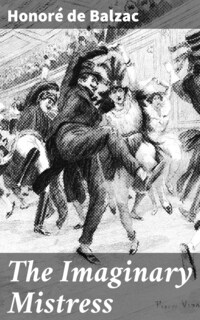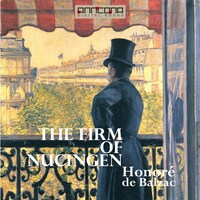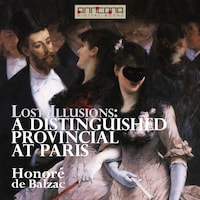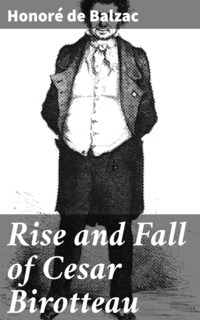The Celibates
Love, Ambition, and Societal Norms in 19th-Century France
Description of the book
Honoré de Balzac's "The Celibates" deftly explores the intricate landscape of human desires, social conventions, and the psychological complexities of love and solitude. Set against the backdrop of 19th-century France, this novel intertwines various narratives that illuminate the fates of individuals who, for different reasons, choose to remain single. Balzac's vivid characterizations and keen observation of societal mores offer a penetrating commentary on the impact of celibacy within the fabric of social life, skillfully blending realism with an eloquent prose style that defines his literary philosophy known as "la Comédie Humaine." Honoré de Balzac, a prominent figure of French literature, used his firsthand experiences within Parisian society to create rich, nuanced characters that wrestle with the implications of personal choice and societal expectations. His prolific output and dedication to capturing the essence of human experience positioned him as a pioneering realist long before the term itself was popularized. It was Balzac's own reflections on romantic relationships and the contradictions of societal roles that perhaps inspired the profound insights found in "The Celibates." This compelling work invites readers to contemplate the myriad reasons individuals may opt for a life devoid of romantic entanglements. Balzac's keen focus on the internal struggles of his characters makes "The Celibates" a thought-provoking read, ideal for those interested in the intersections of love, society, and personal agency. It stands as a vital contribution to the study of human relationships in literature.
 Honoré de Balzac
Honoré de Balzac 577 Pages
577 PagesThe book The Celibates and over 1 million other books
from £199/month
Fill your life with stories








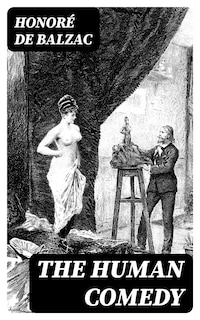


![La Rabouilleuse [The Black Sheep; The Two Brothers]](https://prod-bb-images.akamaized.net/book-covers/coverimage-9781781982532-naxos-2021-10-20.jpg?w=200)



